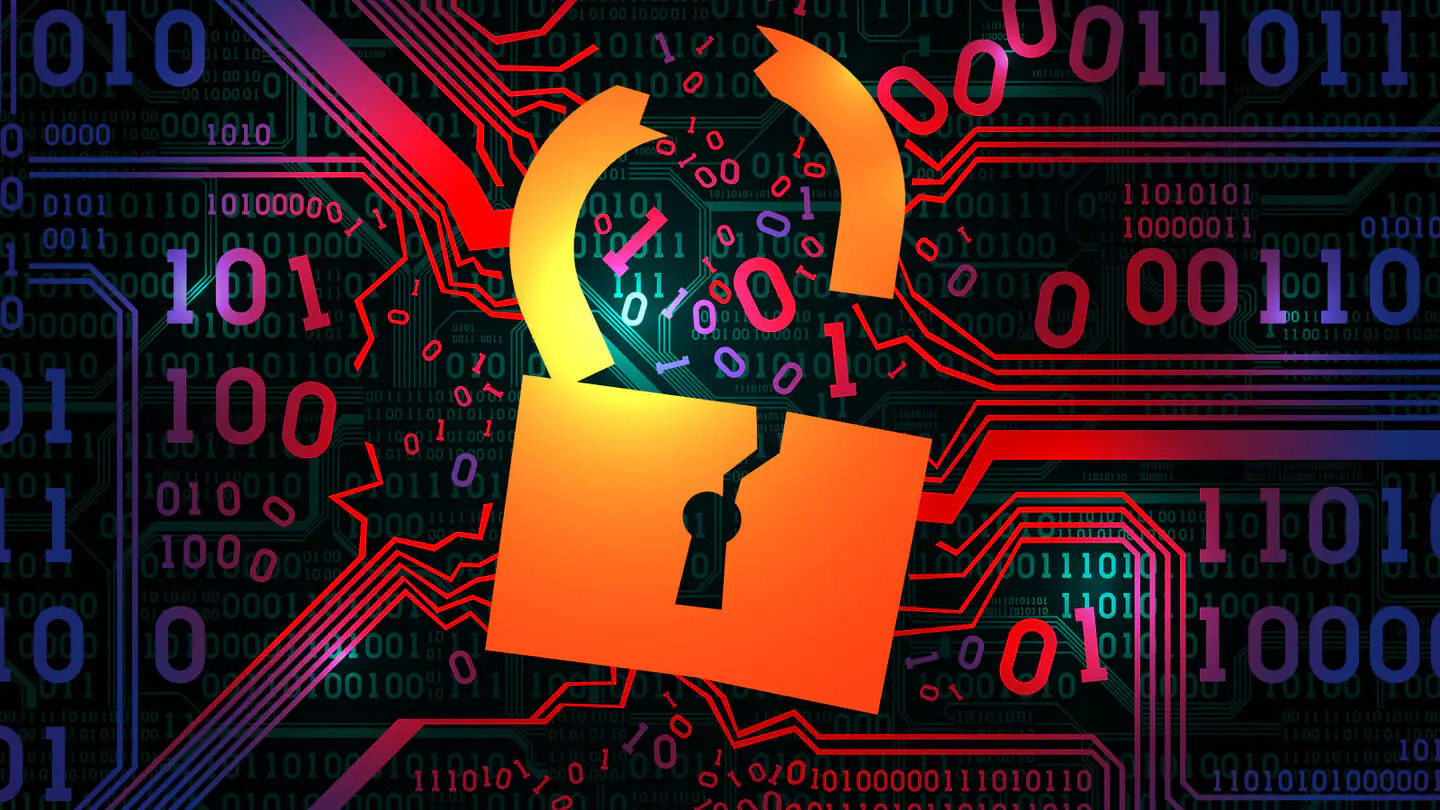As digital technologies increasingly permeate the electoral process, the integrity and security of digital elections have become paramount concerns. In 2024, the advent of quantum computing introduces both challenges and solutions in this domain. Quantum cryptography emerges as a key technology in ensuring the integrity of digital elections, offering groundbreaking methods to secure electronic voting systems against both conventional and quantum threats. This article explores the role of quantum cryptography in digital elections and the approaches being implemented to safeguard democratic processes.
Quantum Cryptography: A New Era in Election Security
Quantum cryptography, particularly Quantum Key Distribution (QKD), presents a novel approach to secure communication, utilizing the principles of quantum mechanics to encrypt and transmit data. This technology is theoretically immune to various cyberattacks, making it an ideal solution for protecting digital elections from manipulation and breaches.
Enhancing Digital Election Security with Quantum Cryptography
Securing Voter Data: Quantum cryptography can be used to secure the transmission of voter data, ensuring that votes cast digitally are encrypted and safe from interception or tampering.
Protecting Election Infrastructure: Implementing quantum cryptography in election infrastructure, including voting machines and data storage systems, can prevent unauthorized access and safeguard against potential quantum computing attacks.
Ensuring Transparency and Trust: The integration of quantum cryptography can enhance the transparency and trustworthiness of digital elections, providing verifiable assurance that the electoral process is free from interference.
Approaches to Implementing Quantum Cryptography in Elections
Adoption of Quantum-Resistant Algorithms: Implementing quantum-resistant cryptographic algorithms in electronic voting systems is crucial to protect against future quantum threats.
Hybrid Security Models: Combining traditional cryptographic methods with quantum-resistant algorithms offers a robust approach to securing digital elections.
Pilot Programs and Testing: Conducting pilot programs and rigorous testing of quantum cryptographic systems in electoral processes is essential to assess their effectiveness and feasibility.
Challenges in Quantum Cryptography for Elections
Technological and Infrastructural Integration: The integration of quantum cryptography into existing electoral systems requires overcoming significant technological hurdles and substantial investment.
Standardization and Interoperability: Developing standardized protocols for quantum-secured elections is crucial to ensure consistency and interoperability across different regions and voting systems.
Public Awareness and Confidence: Building public confidence in quantum cryptography and its role in securing digital elections is essential for widespread acceptance and adoption.
Conclusion
In 2024, ensuring the integrity of digital elections with quantum cryptography is both a challenge and a necessity. Quantum cryptography offers a promising solution to secure the electoral process against emerging cyber threats. While the implementation of this technology faces several challenges, including integration, standardization, and public acceptance, its potential to safeguard the cornerstone of democracy – free and fair elections – is immense. The proactive adoption of quantum cryptography in digital elections represents a critical step forward in protecting the integrity of democratic processes in the quantum computing era.






